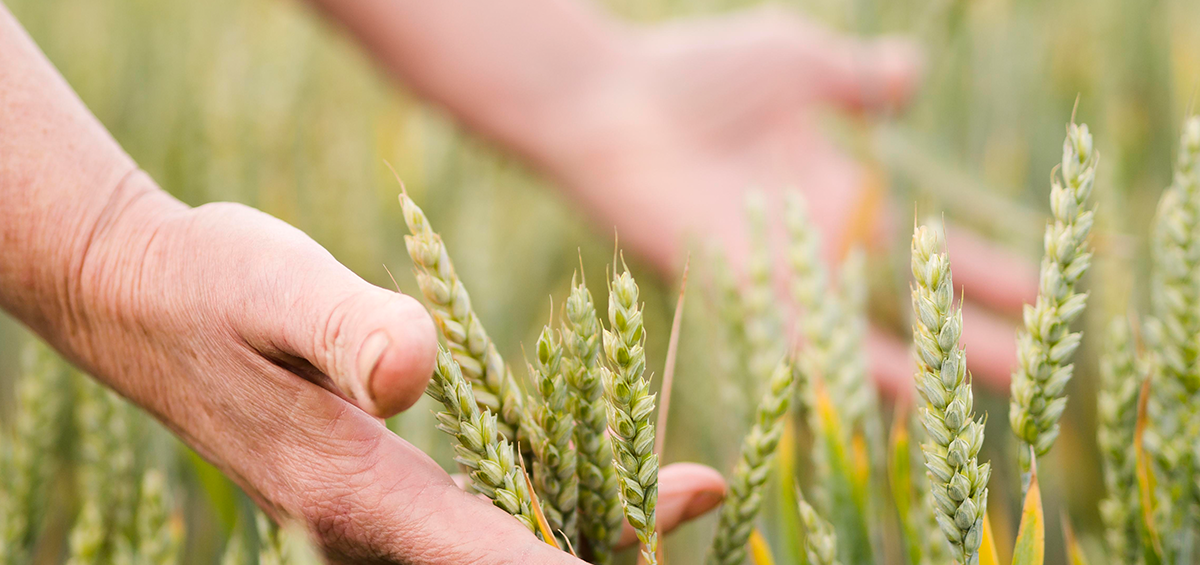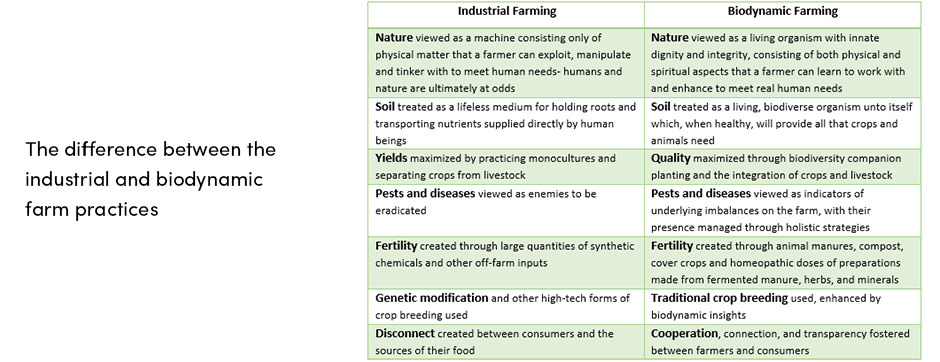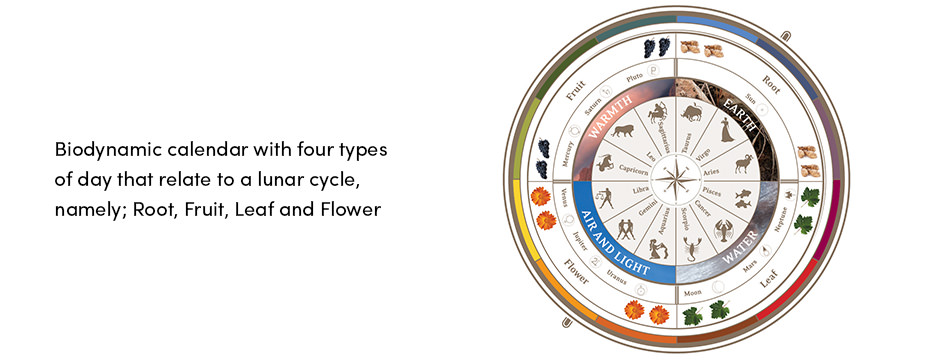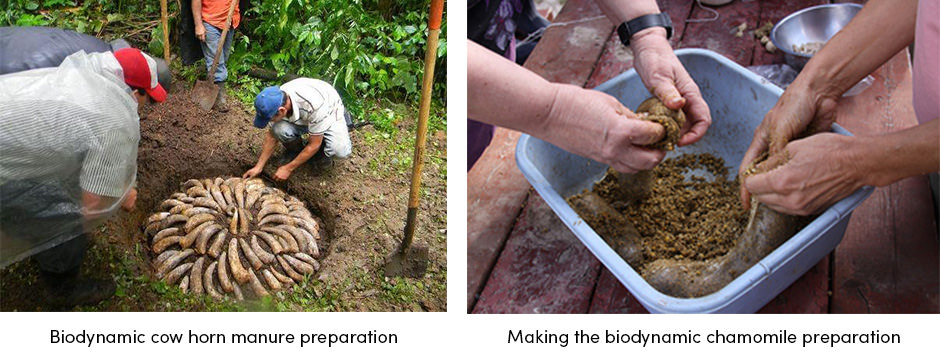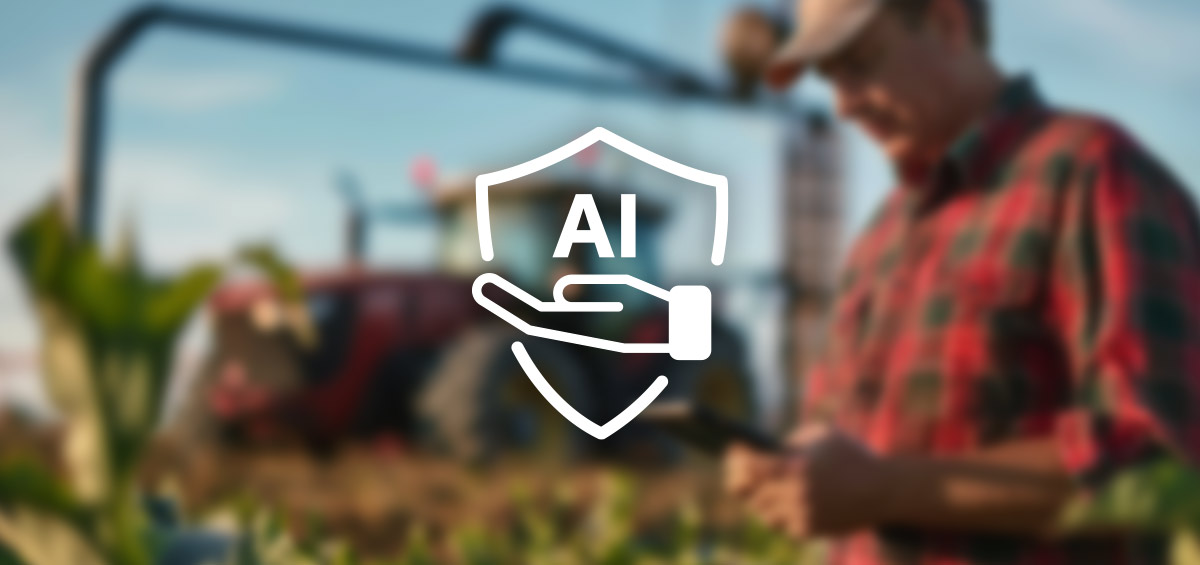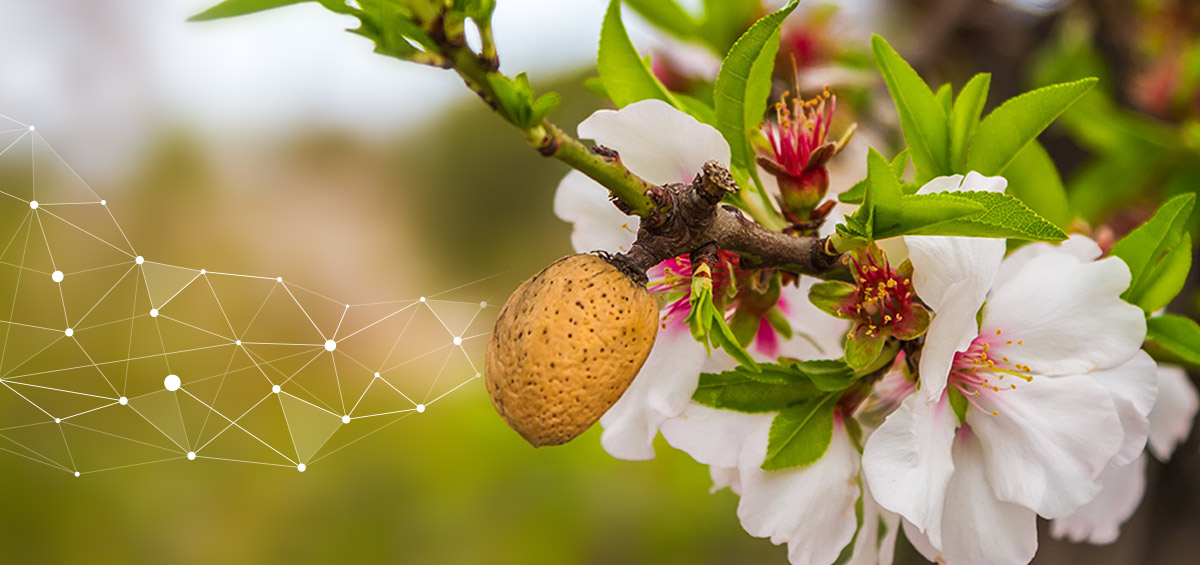Intensive farm practices resulted in numerous negative environmental consequences affecting the most important farming resources—soil and water. Finding the right balance between the food production and the environment protection allowed sustainable farm practices to develop.
The Origins of Biodynamic Farming
In the 1920s, practicing farmers were concerned about the decline in seed fertility, crop vitality and animal health, all critical for sustainable farm practices. The search for these sustainable farm practices led them to Dr. Rudolf Steiner, who held lectures and presented the farm as a living organism, self-contained and self-sustaining, responsible for creating its individual health and vitality. Dr. Steiner developed a set of homeopathic preparations used to build up the soil, compost and crops in collaboration with vital forces. Steiner’s spiritual scientific practices and insights have given birth to a new farm practice: biodynamic farming.
What Is Biodynamic Farming?
Biodynamic farming is a holistic, ecological and ethical approach to farming, based on spiritual insights. Farmers who use this approach manage their farms as a diversified and balanced ecosystem that generates health and fertility. The following table illustrates the difference between the principles of industrial and biodynamic farm practices:
Biodynamic Farm Practices
Biodynamic farm practices are designed to stimulate and sustain the farm’s inherent fertility, health and terroir through the integration of crops and livestock, the restoration of on-farm biodiversity and cooperation with the influences of the sun, the moon and the planets. Many biodynamic farmers rely on the astronomical calendar to plan activities such as pruning, cultivating, harvesting and spraying. This emphasis on the importance of qualitative observation, rather than relying solely upon quantified data, is an important holistic contribution to the field of sustainable agriculture.
This form of organic farming includes practices such as cover crops, natural pest enemies, composting, organic manure and planting and harvesting by the phases of the moon and astral conditions. Biodynamic farm management includes compost preparation, which, as a farm practice suggested by the Rudolf Steiner, includes:
- Cow horn packing with cow manure and burying it in the ground for the winter
- Packing of silica in a cow horn and burying it in the ground for the summer
- Sowing yarrow blossoms into a stag bladder, hanging it in the summer sun and burying it in the winter
- Stuffing chamomile blossoms in a bovine intestine and burying it in the winter
- Grounding up the entire stinging nettle plant and burying it in the ground surrounded by peat moss for a full year
- Packing ground oak bark in an empty skull with the membrane intact and burying it in a swamp
- Stuffing dandelion blossoms into bovine mesentery or peritoneum membrane and burying it for the winter
- The juice of valerian blossoms that is fermented for a few weeks
- Using horsetail tea as a practice to manage fungal conditions.
Biodynamic farmers can include AGRIVI farm management software in their farm practices. By using AGRIVI, they can track all their activities, including work hours, organic materials and finances used on their farms, resulting in complete tracking of their farms’ productivity and profitability.
Don’t leave everything to the moon; use AGRIVI to manage your biodynamic farm easily!
